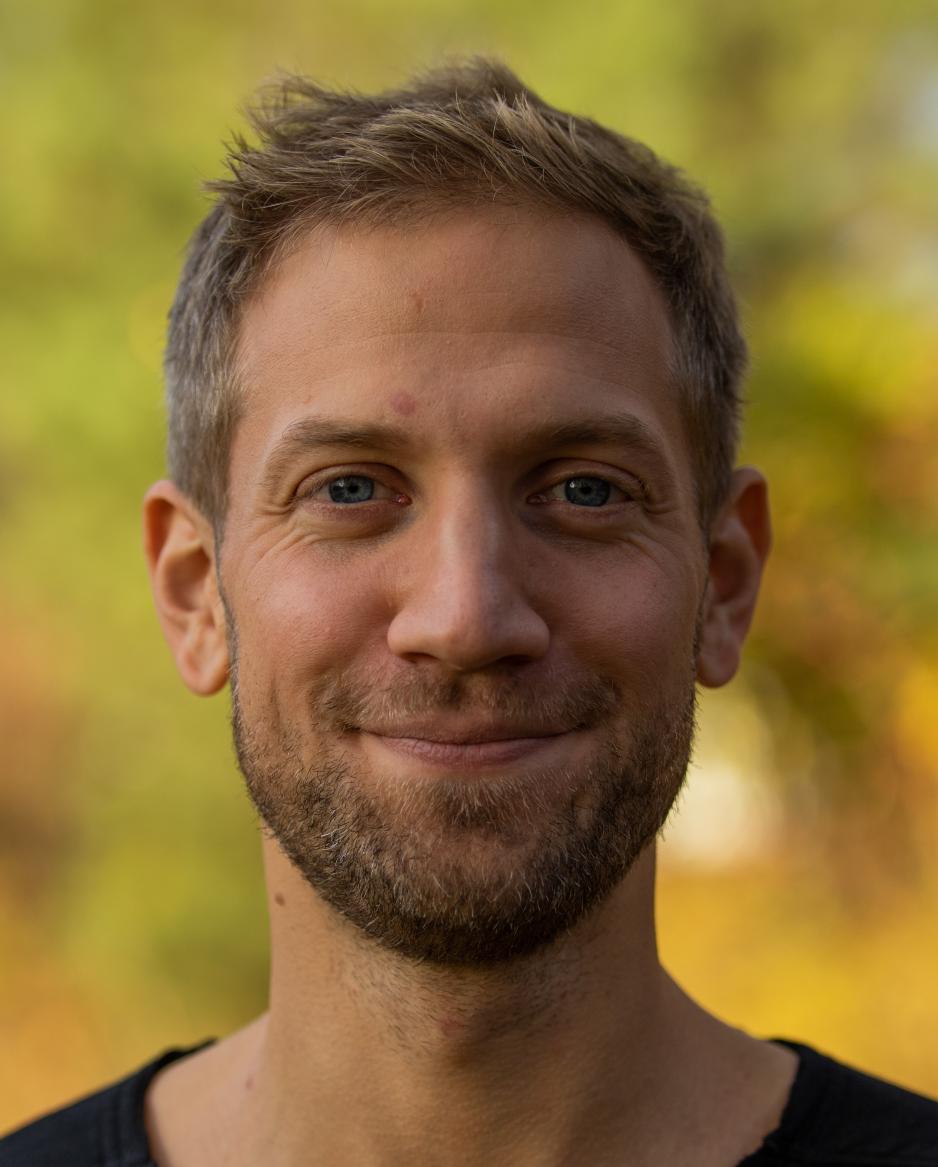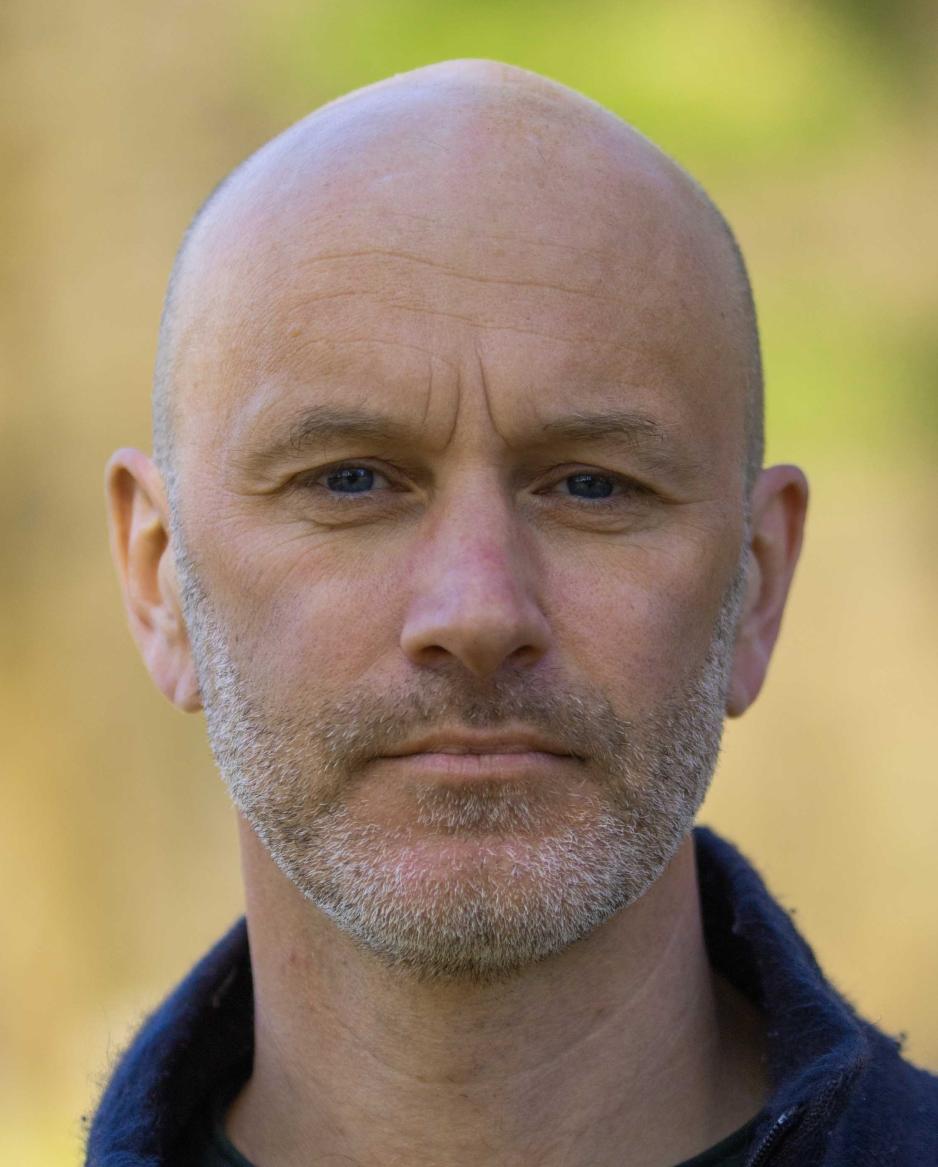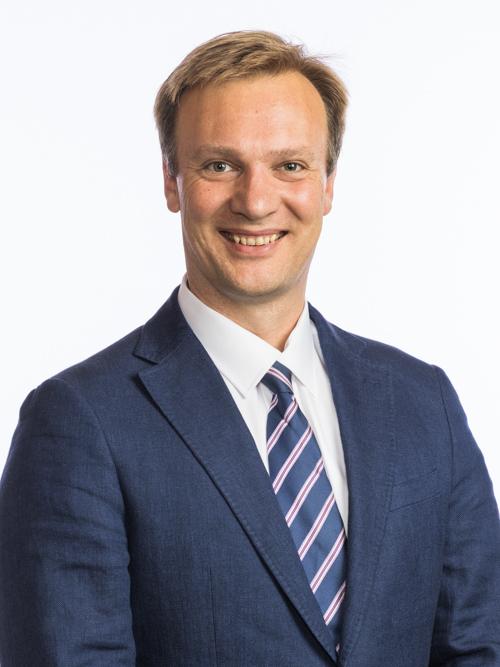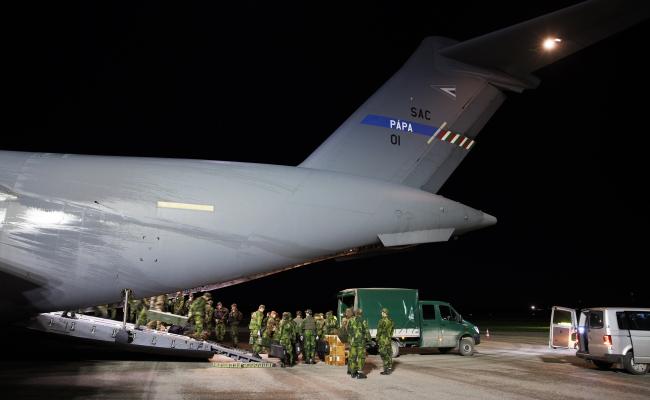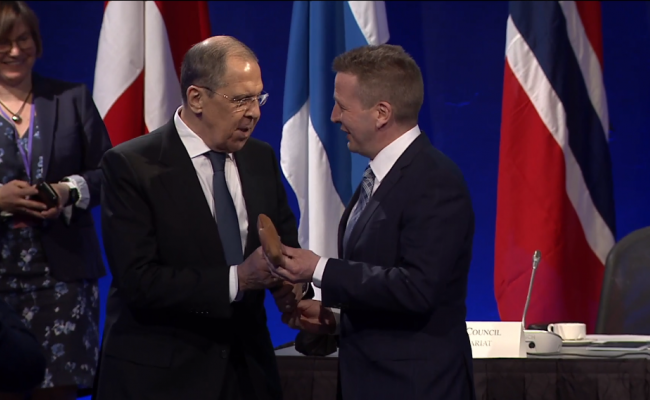May Be Harder to Attend Arctic Council Meetings in Russia
Norwegian Foreign Minister Anniken Huitfeldt together with Russian Foreign Minister Sergey Lavrov during the Barents Council Ministerial Meeting in Tromsø in 2021. (Photo: Hilde-Gunn Bye)
A further escalation in Ukraine may have repercussions for the political contact through the Arctic Council, says Senior Research Fellow Andreas Østhagen at the Fridtjof Nansen Institute. “I would assume it might be difficult for Norway and the other Arctic countries’ foreign ministers to go to Moscow if a summit were to be held in the near future.”
Note: This article was originally published in Norwegian on Wednesday afternoon, prior to the Russian attack on Ukraine. (Journ.note.)
Tension between the West and Russia increases after Russian President Vladimir Putin Monday said that the country recognizes the independence of two breakaway regions in eastern parts of Ukraine. The statement was followed by a Russian deployment of troops to the area.
A key question in the High North is how Arctic cooperation will be affected by the situation in and around Ukraine. The Arctic Council has, in particular, been mentioned as a successful meeting place for Russia and the West – one in which security politics is not on the agenda.
“This is an extraordinary situation and all western cooperation with Russia will of course be affected. However, the Arctic Council has by and large been shielded from geopolitical tension. We saw this in 2014 and during the Trump administration”, says Senior Research Fellow Svein Vigeland Rottem at the Fridtjof Nansen Institute (FNI) to High North News.
Meetings in Russia
At the same time, Russia currently holds the chairmanship of the Council, unlike in the period following the annexation of the Crimea in 2014, Senior Research Fellow at the Fridtjof Nansen Institute (FNI) Andreas Østhagen points out. In 2023, Norway takes over the chair.
“During and after 2014 it was easier to meet Russian bureaucrats and Foreign Minister Lavrov at summits held in Canada, the USA, Finland, and finally in Iceland. I presume it will be hard for Norway’s and the other Arctic countries’ foreign ministers to go to Moscow if a summit were to be held in the near future. This has to do with symbol effects”, Østhagen says to High North News.
He elaborates and says a further escalation of the Ukraine conflict first and foremost will have consequences on the political level of the Arctic cooperation. This applies in particular to the interaction between the Arctic states’ foreign ministers.
Foreign minister level contact is most at risk
Political consequences
“Overall, it will make it harder for Norwegian politicians, mainly from the Ministry of Foreign Affairs, to attend Arctic Council meetings in Russia. I am in particular thinking of the summit that is to take place in May next year, and also of potentially other meetings organized by the Council at which it might be relevant for Norwegian politicians to attend.”
At the same time, Østhagen stresses that he does not believe it to exclude participation in Arctic Council meetings. He argues that Norwegian Foreign Minister Anniken Huitfeldt and her state secretaries will go far to preserve peace at the Arctic Council, just as one did after the annexation of the Crimea.
“However, much of it simply has to do with how the further development in Ukraine will turn out”, he points out.
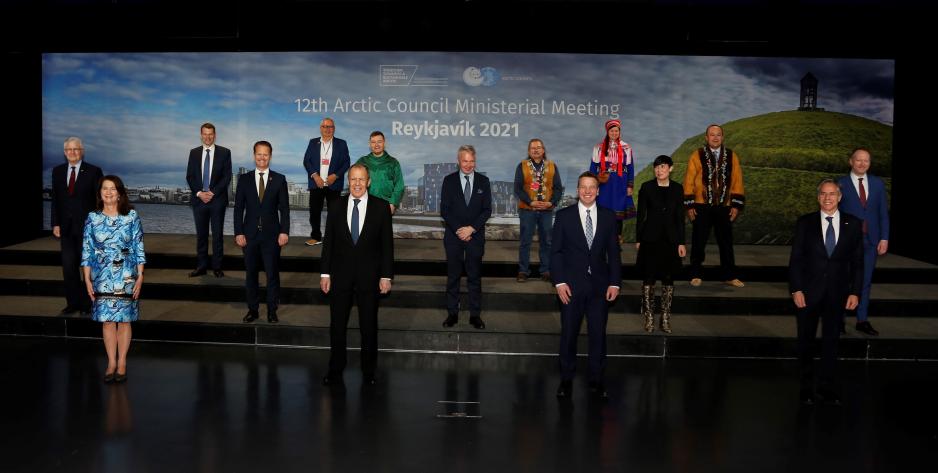
From the Arctic Council Ministerial Meeting in Reykjavik in 2021. (Photo: Gunnar Vigfusson, Icelandic Ministry of Foreign Affairs)
“Day-to-day work will continue”
On the ambassador level at the Arctic Council, one finds the Senior Arctic Officials (SAO). These are scheduled to meet in May this year. FNI researcher Østhagen believes the dialogue between these representatives to be less vulnerable to tensions.
“Contacts on foreign minister level is most at risk, followed by the ambassadorial level, and then the level of working groups at the Council. I do believe that the working groups’ activities is less at risk. Much of their work is knowledge and science based and thus less sensitive. Yet it may become practically difficult to meet for experts in the various fields.”
Østhagen adds that it nevertheless appears unlikely that any of the Arctic countries should consider actively stopping cooperation in the working groups advantageous.
“The day-to-day work of the working groups will in all likelihood continue. Nevertheless, it is hard to envision any major new initiatives form the Council given the current situation”, Svein Vigeland Rottem at FNI also stresses.
A consideration
“I hope one manages to preserve cooperation through the Arctic Council and the positive dynamics existing there. Everything does not have to come to a halt, even if there should be a response to Russian actions. On the other hand, Russia’s rhetoric and actions recently are shocking. If this is pulled even further, one may find it necessary to use the entire toolbox available to symbolize dissatisfaction with Russia’s actions”, Østhagen says.
“The Arctic Council is not shielded against geopolitical tensions. It is a deliberate choice. All political contact is exposed to international tension. We are talking about how much tension there is in other parts of the world and how much the western countries actively wish to preserve Arctic cooperation. Russia has the hand on the steering wheel, yet how much one wants to shield the Council largely remains in the hands of the western countries”, he adds.
Nominated for Nobel’s Peace Prize
Early February, four MPs from the Norwegian parliament’s delegation for Arctic parliamentary cooperation nominated the Arctic Council for Nobel’s Peace Prize.
“We believe this cooperation is exceptional in international politics and demonstrates the need for co operation and trust between countries in a time where peace is at risk in relation to the Ukraine conflicts and other regions”, said Conservative MP Bård Ludvig Thorheim in a High North News interview about the nomination.
Even though the security policy situation has changed since then, they will not withdraw their nomination.
“The Arctic Council is an international cooperation between eight countries built on respect for public international law. If Russia had related to Ukraine the way it relates to the Arctic, we would not be in this situation”, Thorheim says.
Also read
This article was originally published in Norwegian and has been translated by HNN's Elisabeth Bergquist.



